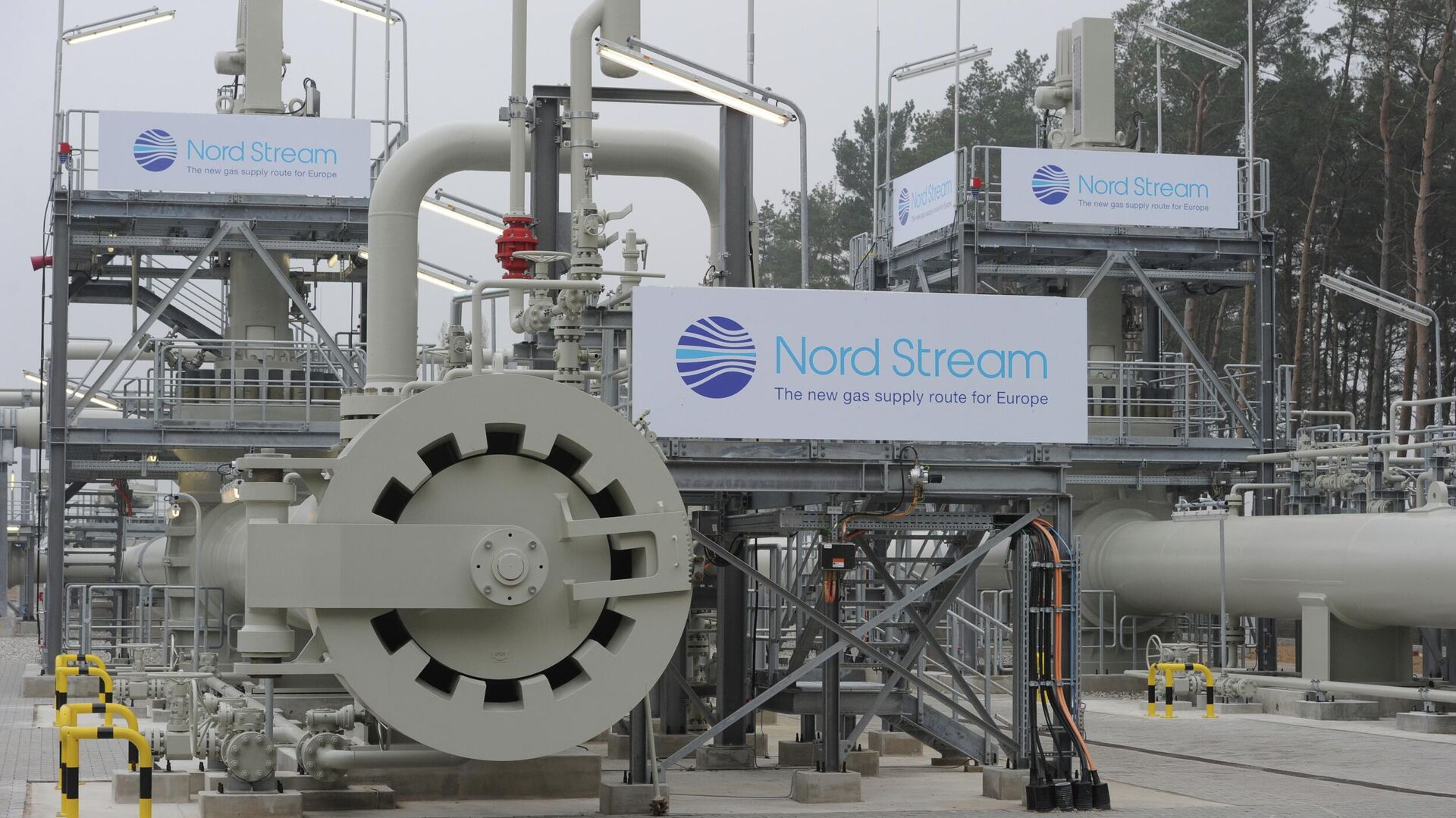Berlin Needs to Negotiate Return of Nord Stream Turbine With EU Due to Sanctions, Prof. Says
17:12 GMT 08.07.2022 (Updated: 13:54 GMT 19.12.2022)

© Sputnik / Grigory Sysoev
/ Subscribe
BRUSSELS (Sputnik) - Germany will have to negotiate the return of a Nord Stream turbine from Canada with Brussels as the country is under immense pressure to fill up its gas storage ahead of winter, Samuele Furfari, a professor of energy geopolitics at the Free University of Brussels, told Sputnik.
Russian energy giant Gazprom had to cut down its gas deliveries through the Nord Stream 1 pipeline in mid-June after Siemens delayed the return of a gas turbine sent to Canada for maintenance. Ottawa initially refused to send the turbine back citing sanctions against Russia. German Vice Chancellor and Economy Minister Robert Habeck has since urged Canada to hand over the turbine to Germany instead of Russia to avoid legal issues. On Friday, media reported, citing sources, that the two countries managed to reach a deal.
"The sanctions are the result of a European Union decision, so Germany must obtain from the European Council the unanimous green light to return the turbine, which is an export theoretically forbidden to all member states. Germany will certainly invoke the energy shortage that is looming for next winter and their need to fill up their gas reserves storage. It will require more political contortions by the [Chancellor Olaf] Scholz government not to lose face," Furfari said.
He also suggested that Russia is using the issue with the turbine as a test of the European resolve concerning energy sanctions.
"That puts Germany into deep trouble since Russia has retaliated by reducing their deliveries through Nord Stream 1 by 60%. This chokes Germany in its will to increase their gas reserves for next winter, to avoid having to impose energy rationing on German people and companies," Furfari explained.
According to the expert, the sanctions EU imposed on Russia are undermining the European economy and fueling inflation in the West. At the same time, the EU cannot admit that the sanctions do not have the desired effect on Moscow, so one should not expect an easing of the sanctions in the foreseeable future, he added.
On February 24, Russia launched a military operation in Ukraine after the breakaway republics of Donetsk and Lugansk appealed for help in defending themselves against Ukrainian forces. In response to Russia’s operation, Western countries have rolled out a comprehensive sanctions campaign against Moscow and vowed to reduce dependency on Russian energy.

